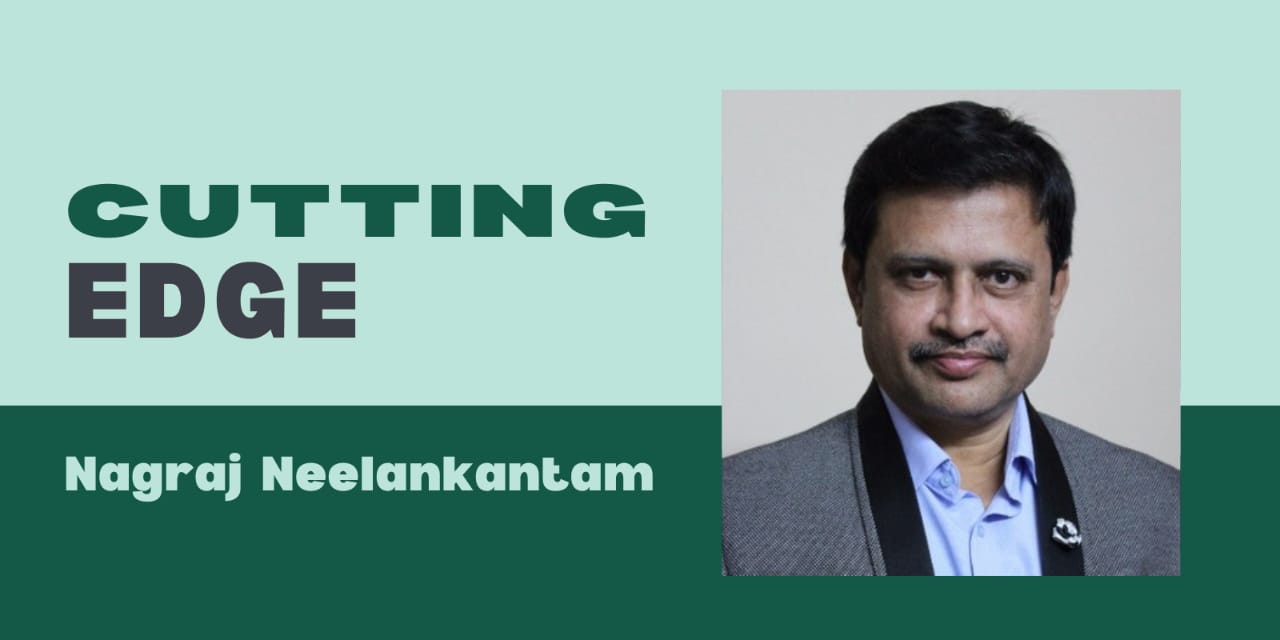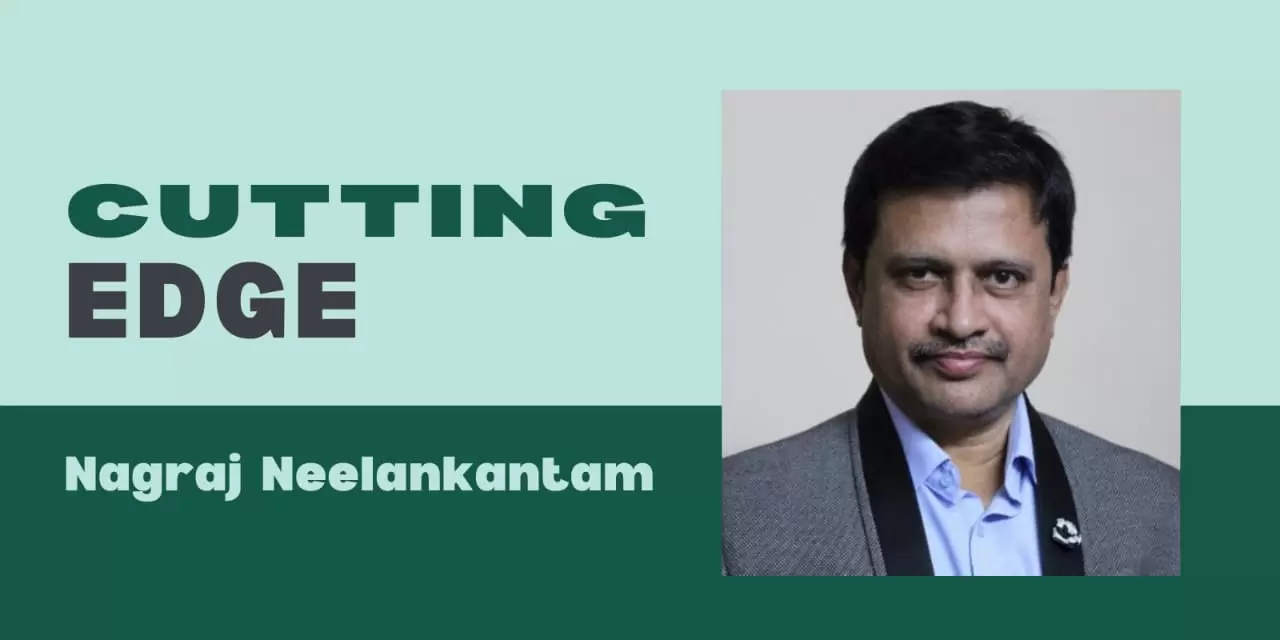The controversy surrounding Gur Patwan Singh Pannun’s allegations against Russia and his relentless pursuit of a Khalistan state sheds light on a larger and more troubling narrative. His recent claims—linking Moscow to the killing of Hardip Singh Nijjar, a pro-Khalistani activist—highlight the complex web of geopolitics, propaganda, and the rising influence of shadowy external forces on separatist movements.
Pannun’s accusations suggest an elaborate conspiracy implicating both India and Russia. He alleges that Russian operatives collaborated with Indian authorities, sharing intelligence that ultimately led to Nijjar’s assassination. His claim that his Telegram account was hacked by Russian entities adds a cyber warfare angle to an already convoluted story. Offering bounties on diplomats’ movements further escalates the situation, transforming the rhetoric into a direct threat to international diplomacy.
Russia has swiftly condemned these statements, labeling them terror threats and seeking intervention from the Canadian government. Khalistani activists targeting the Russian mission in Toronto further compounds the issue, raising concerns over the unchecked influence of such groups in Canada. The situation underscores the increasing security risks for Russian and Indian envoys as Pannun’s narrative gains traction in specific circles.

The rising asylum claims by Khalistani sympathizers in Canada add another layer to this saga. Between 2020 and 2023, the number surged dramatically, coinciding with Canadian political developments. Prime Minister Justin Trudeau’s alliance with the pro-Khalistan NDP during the 2021 elections appears to have provided fertile ground for such ideologies. However, with no active separatist movement in Punjab, the motivations behind these asylum claims remain suspect, suggesting the exploitation of geopolitical narratives for personal or political gain.
Trudeau’s own political challenges amplify the complexities. His party’s declining support and internal rebellion following the resignation of his Deputy Prime Minister reflect a government under immense strain. Conservative opposition has mounted no-confidence votes, though they have yet to succeed. Pannun’s provocative suggestion that Trudeau should resign echoes the growing discontent surrounding his leadership, particularly as the Canadian Parliament heads toward a potentially pivotal no-confidence vote early next year.
Pannun’s allegations, the growing asylum numbers, and the broader geopolitical narrative raise critical questions. The potential involvement of deep states and corporate interests in stoking separatist flames against nations like India—and now even Russia—cannot be overlooked. Encouraging such ill-conceived revolutions serves neither the interests of the nations directly involved nor global stability.
This unfolding story calls for introspection from influential entities, particularly those accused of aiding or tolerating such divisive narratives. Encouraging discontent and rebellion under the guise of political asylum or freedom movements ultimately undermines international harmony and trust. It is a wake-up call for all stakeholders to reassess their strategies and align efforts toward fostering genuine dialogue and peace.






